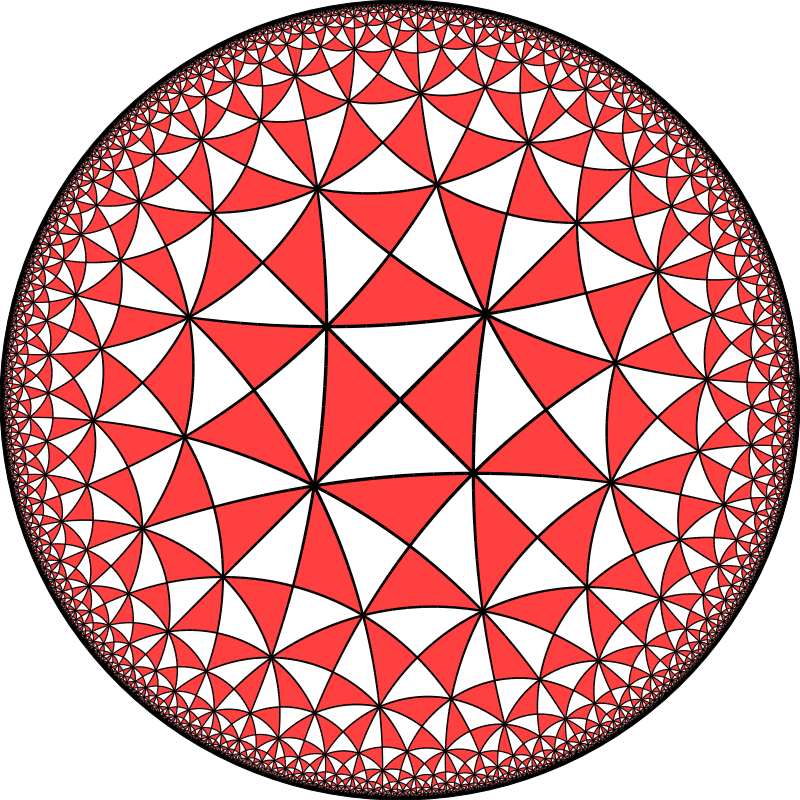 final exam assignment |
LITR 4533
TRAGEDY
Final Exam Samples 2010 Essays & Excerpts for Part B: Special Topics |
 |
Daryl Edwards
Modern and Greek Tragedy: Similar but Different
Tragedy has been termed the “greatest genre” because of its
gravitas and moral implications, yet the precise definition of what constitutes
a Tragedy can differ depending on what era one examines. Aristotle’s definition
seems to focus on the “mind”, while modern Tragedy seems to dwell on “human
nature.” Yet a principle they have in common is that of a hero possessing a
tragic flaw that sets them apart from everyone else. Over the centuries
literature has changed and so too has the idea of Tragedy. I would suggest that
while the forms of Tragedy may differ—between Greek and Modern—in subject matter
and theme they remain essentially the same.
Greek Tragedy often creates its dramatic mood through the
trying plight of the hero, who is beset by ruin, usually as a result of
violating the gods, a moral code, or social order which overwhelms his will.
Often times the hero’s crisis centers around, or results from, some
“supernatural” power, such as the case with Hippolytus and Phaedra, who were
targeted by the gods, and Oedipus who sought to avoid his prophecy. Such
circumstances conform to Aristotle’s description, in that they arouse pity and
fear by using people of noble status and bringing them down or reversing their
fortunes. Oedipus, a once proud and arrogant king, was reduced to wondering in
foreign lands as a beggar. His situation was the result of his flaw, hubris, and
it was through his recognition of this that he came to understand his faults.
Such a depiction of tragic circumstance promotes pity in the audience according
to Aristotle. It permits the audience to feel the hero’s suffering. By evoking
and purging fear and pity in the audience a form of catharsis occurs in the
mind.
The modern and updated Tragedy differs from Aristotle’s
conception on two main points. The first is the idea of tragic characters
falling from their high station as a result of some flaw or human error.
Aristotle believed that the hero is a person above everyone else, a leader.
He did not conceive of the fall from greatness being
truly tragic unless the hero suffered some minor flaw. This was essential for
his morality theme because were something tragic to befall a faultless man, it
would question the goodness of the gods. This allowed for catharsis, where the
hero presumably confronts the error of his ways and makes peace with the gods
and himself at the tale’s conclusion.
The Modern Tragedy rejects such a premise. Neither the
noble hero nor, the acceptance of any divine order is assumed and often they are
rejected outright. In Modern Tragedy the hero’s contention is often inside
himself or with the world around him. In Eugene O’Neill’s, Long Journey Into
Night the characters are normal men and women who find themselves trapped by a
cold and indifferent world, the god’s offer no comfort. While confronting her
despair Mary laments, “You were much happier when you prayed to the Blessed
Virgin. If I could only find the faith I lost, so I could pray again.” In Modern
Tragedy there is the sense that the punishment the hero suffers is out of
proportion to what they may deserve. Mary’s suffering seem to mock the idea of
any form of divine order. In such, it serves as a repudiation of Aristotle’s
idea of any universal good.
Also absent in the modern, updated Tragedy is the need for
a high-born hero. Aristotle proposed that the protagonist must have a high
station in life. In Modern Tragedy the hero must be significant but not
necessarily kingly. Perhaps this notable difference is the result of man living
in a more egalitarian society than when Aristotle postulated his position. Mary
and Tyrone, from O’Neill’s Long Journey into Night, are a middle-status couple,
yet their tragedy invokes empathy and pity form the audience. This is also the
case with Eben and Abbie from his play Desire Under the Elms.
To conclude, Modern Tragedy, while similar in some aspects to the Greek Tragedy, does not fill all of Aristotle’s definitions for the genre. Tragedy continues to resonate with audiences, remaining a viable and powerful form of modern literature while evolving to reflect society’s moral and cultural changes. Tragic figures today remain as pitiful, their circumstances as fearful, as in Aristotle’s day. Tragedy remains relevant, be it Greek or Modern, because it provides a means for man to see and measure himself and his problems against the grand tapestry of life.
|
|
|
|
|
|
